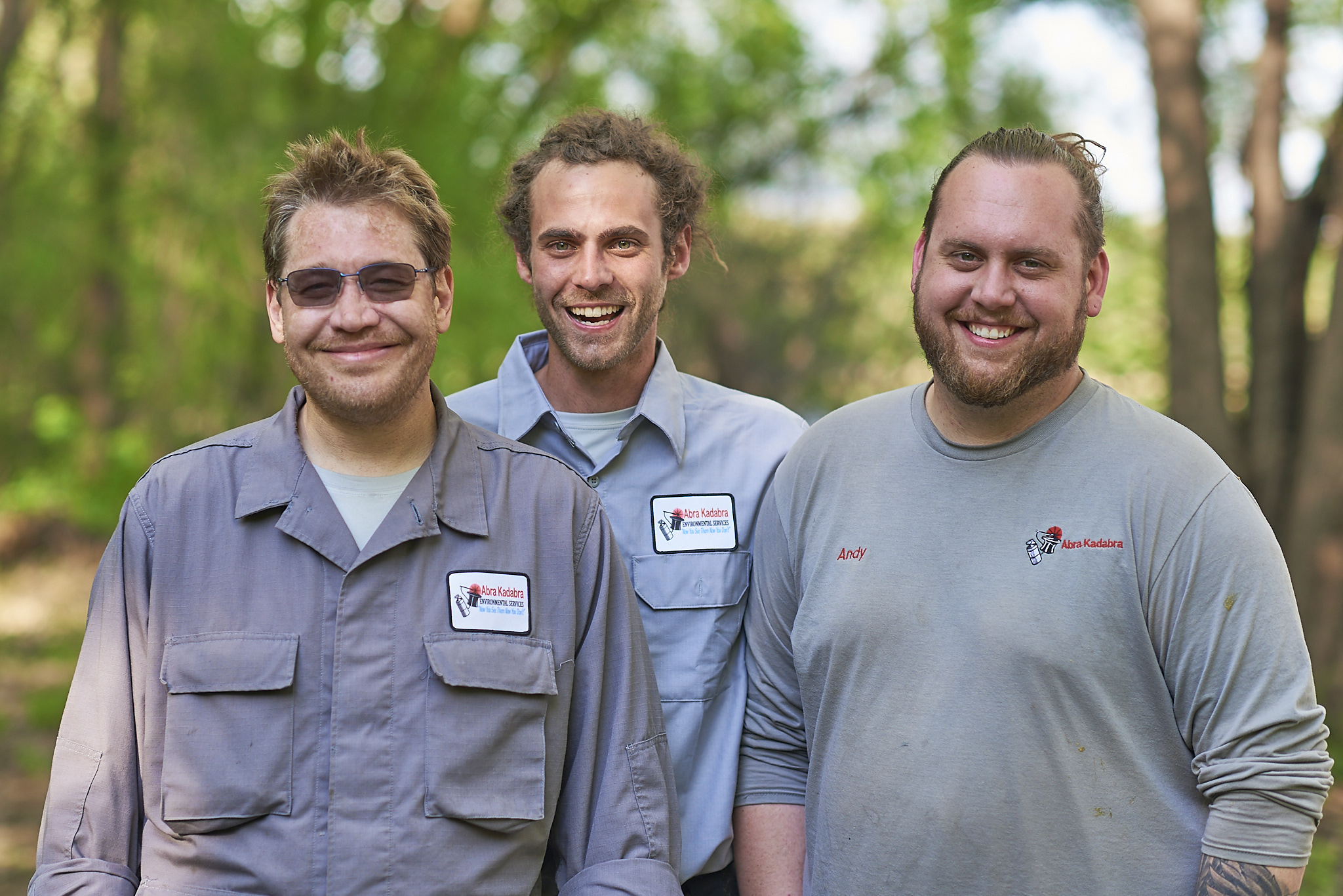Raccoons can carry a host of diseases. One of these, Raccoon Roundworm, can only be killed by extreme heat, or encapsulated and disposed of. This makes their habit of creating latrines particularly undesirable for homeowners. It is important to utilize proper PPE and sanitation measures if you come into contact with raccoon or other animal waste.
Raccoons will create latrine or toilet areas where they will defecate and urinate in the same communal location. This is typically in close proximity to their harborage. Their feces are dark and tube shaped, and typically quite odorous. Common areas where these latrines can be found are in attics, on rooftops and decks, along foundations, in window wells, at the base of trees, in mulch and stone landscaping and in children’s sandboxes. Frequent use of these latrine areas by raccoons can create a large buildup of droppings over time. This is both unsanitary and potentially dangerous, should any diseases be accidentally translocated by pets, children, or other individuals.

The roundworm eggs found in raccoon droppings remain viable for long periods of time. Great care should be exercised when cleanup of raccoon latrines is performed to prevent exposure to roundworm eggs.
For more information on Raccoon Roundworm and other diseases, visit our disinfection page.
Our highly trained technicians are certified Zoonotic Disease Professionals with the National Wildlife Control Operator’s Association (NWCOA). They have extensive experience with raccoon cleanup, and have the knowledge to eliminate further pathogen spread. Latrine cleanup can be completed after trapping and removal of the resident raccoons.
Please fill out this form if you are interested in raccoon control services. All of our services are fully warrantied! A representative of Abra Kadabra Environmental Services will be in touch with you shortly.
